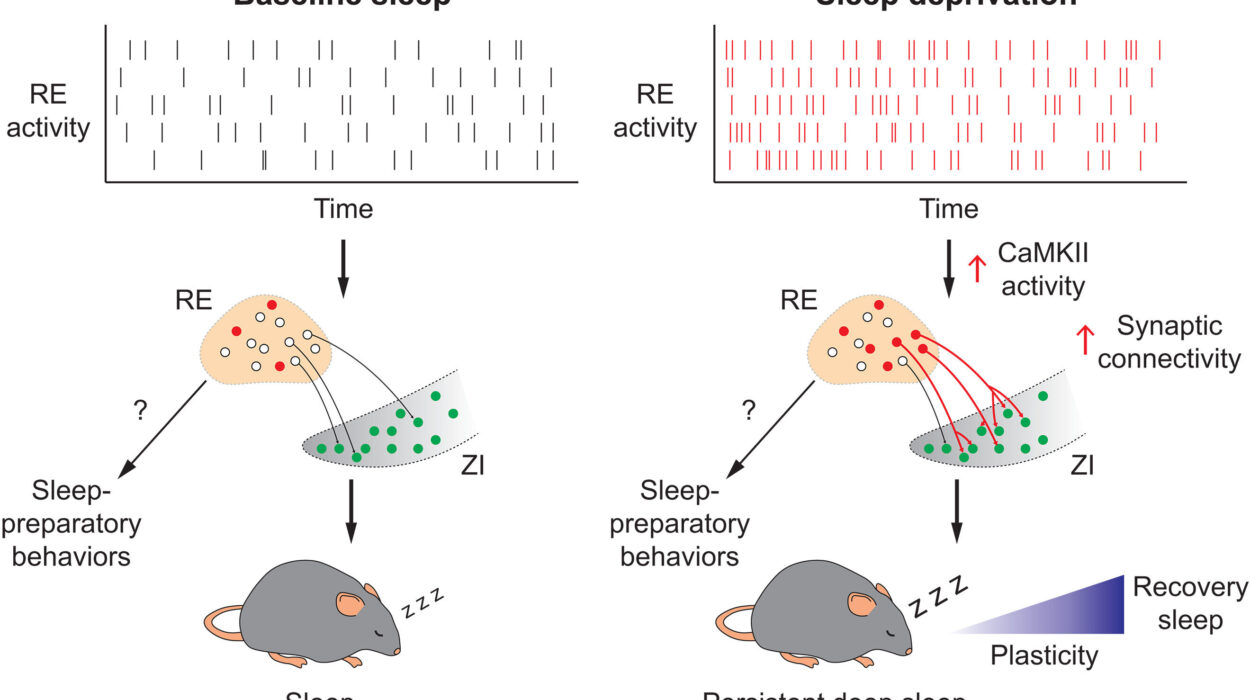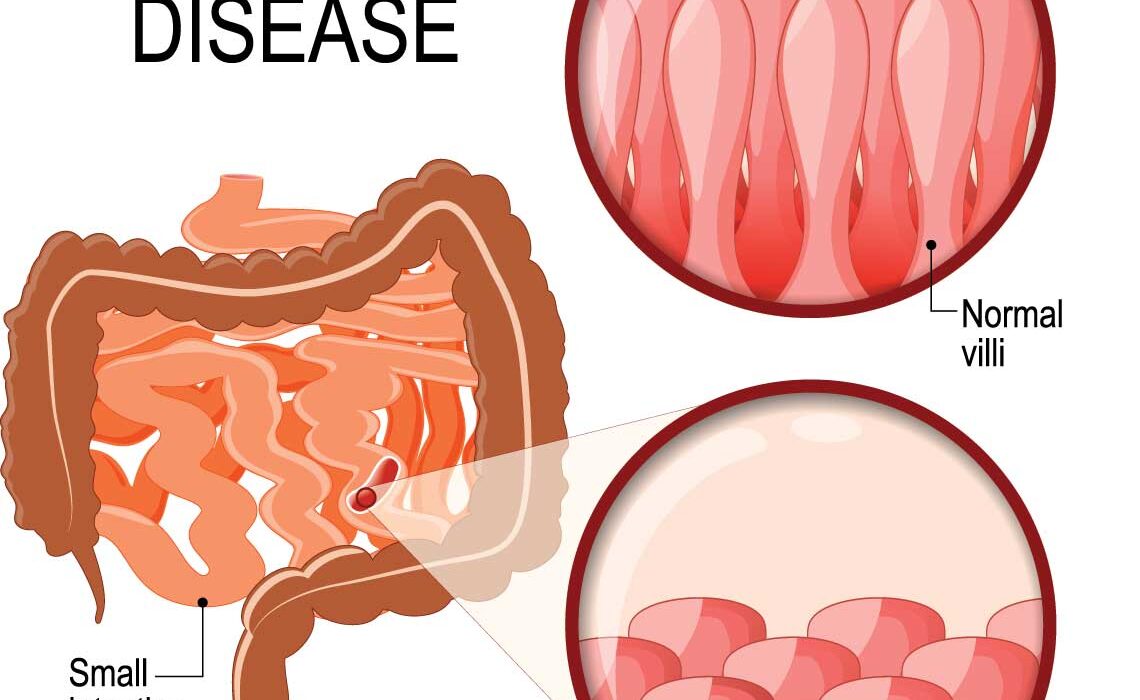Stress is one of the most universal human experiences. Whether it’s the pressure of work deadlines, financial worries, health concerns, or the daily demands of family life, stress often feels like an inevitable part of existence. Our bodies evolved to experience stress as a survival mechanism—an ancient system that prepared our ancestors to fight or flee when facing danger. But in today’s modern world, that same system is often triggered by emails, traffic jams, or overwhelming to-do lists.
While some stress can motivate us, chronic stress damages both mental and physical health. It weakens the immune system, raises the risk of heart disease, disrupts sleep, and contributes to anxiety and depression. The good news is that science offers powerful tools for managing stress effectively. In this article, we will explore 15 evidence-based strategies that can help you take control, restore balance, and build resilience.
1. Practice Deep Breathing
When stress hits, your body goes into “fight-or-flight” mode. Breathing becomes shallow and rapid, your heart races, and your muscles tense. One of the quickest ways to counteract this response is through deep breathing.
Slow, controlled breathing activates the parasympathetic nervous system—the “rest-and-digest” system—which calms the body and lowers stress hormones. Studies show that just a few minutes of deep breathing can reduce blood pressure, slow the heart rate, and decrease feelings of anxiety.
One simple technique is box breathing: inhale through the nose for four counts, hold for four counts, exhale for four counts, and pause for four counts. Repeating this cycle for several minutes creates a profound calming effect.
2. Exercise Regularly
Physical activity is one of the most effective stress relievers known to science. Exercise triggers the release of endorphins—chemicals in the brain that act as natural mood boosters. It also lowers stress hormones like cortisol, improves sleep, and increases overall resilience to stress.
You don’t need to run marathons to benefit. Even moderate exercise, such as brisk walking, cycling, or yoga, can significantly improve mood and reduce tension. Research consistently shows that 30 minutes of exercise most days of the week provides lasting stress relief.
Importantly, exercise gives the mind a break, offering a sense of accomplishment and control even when life feels overwhelming.
3. Prioritize Quality Sleep
Sleep and stress have a two-way relationship: stress makes it harder to sleep, and lack of sleep makes stress worse. When you’re sleep-deprived, your brain’s ability to regulate emotions declines, leaving you more reactive and anxious.
Science shows that adults need 7–9 hours of quality sleep per night for optimal health. To improve sleep, practice good sleep hygiene:
- Keep a consistent bedtime and wake-up schedule
- Avoid screens before bed, as blue light disrupts melatonin
- Create a cool, dark, and quiet sleep environment
- Limit caffeine and heavy meals late in the day
Treating sleep as a priority, rather than a luxury, is one of the most powerful ways to reduce stress naturally.
4. Try Mindfulness Meditation
Mindfulness is the practice of focusing on the present moment without judgment. Meditation trains the mind to observe thoughts and emotions rather than being consumed by them.
Research shows that mindfulness meditation lowers cortisol levels, reduces anxiety, and improves emotional regulation. Brain imaging studies reveal that regular practice strengthens regions of the brain associated with attention and emotional control.
Even short daily sessions—five to ten minutes—can provide noticeable benefits. Apps and guided meditations make it easy to get started, offering structured practices to calm the mind and restore balance.
5. Maintain a Healthy Diet
What you eat profoundly affects how your body responds to stress. A diet high in processed foods, sugar, and caffeine can spike stress hormones and leave you feeling jittery or fatigued. On the other hand, nutrient-rich foods help regulate mood and energy levels.
Science suggests several stress-fighting nutrients:
- Omega-3 fatty acids, found in fish and walnuts, reduce inflammation and improve brain health.
- Magnesium, found in leafy greens, nuts, and seeds, helps regulate the nervous system.
- Vitamin B complex, crucial for energy production and stress resilience.
- Antioxidants from fruits and vegetables protect cells from stress-induced damage.
Eating balanced, whole foods not only fuels the body but also creates a stable foundation for mental well-being.
6. Connect with Others
Human beings are wired for connection. When stress mounts, isolation magnifies the burden. Social support acts as a buffer against stress, lowering cortisol and providing emotional comfort.
Research consistently shows that people with strong social networks cope better with challenges, recover faster from illness, and even live longer. Simply talking with a trusted friend, spending time with family, or joining a supportive community can significantly reduce stress.
Even small interactions—smiling at a stranger, chatting with a neighbor—can boost oxytocin, the “bonding hormone,” which counteracts stress.
7. Practice Gratitude
Gratitude may seem simple, but science shows it has powerful stress-reducing effects. Focusing on what you are thankful for shifts attention away from worries and fosters positive emotions.
Regular gratitude practice—such as keeping a journal or writing down three things you are grateful for each day—has been shown to improve mood, lower stress, and even enhance sleep. Gratitude rewires the brain over time, training it to notice the good even in challenging situations.
8. Limit Caffeine and Alcohol
Many people turn to coffee or alcohol to cope with stress, but both can make it worse. Caffeine stimulates the nervous system, increasing anxiety and interfering with sleep. Alcohol may provide temporary relief, but it disrupts brain chemistry and often worsens stress in the long run.
Studies suggest that moderating caffeine intake and avoiding alcohol as a stress management tool leads to more stable moods and better health outcomes. Hydrating with water or calming teas like chamomile or green tea provides healthier alternatives.
9. Practice Progressive Muscle Relaxation
Stress often manifests in the body as muscle tension. Progressive muscle relaxation (PMR) is a science-backed technique where you tense and then slowly release different muscle groups.
This practice reduces physical tension and increases body awareness, helping you notice where stress is stored. Research shows that PMR lowers heart rate, reduces anxiety, and improves sleep. It is particularly effective when practiced before bedtime as a way to signal to the body that it is safe to rest.
10. Manage Your Time Wisely
Much of modern stress comes not from life-threatening dangers but from feeling overwhelmed by responsibilities. Poor time management amplifies stress by creating constant pressure and unfinished tasks.
Science shows that people who set clear priorities, break tasks into smaller steps, and schedule downtime experience less stress. Tools such as planners, digital calendars, and task lists can help create structure and prevent overload.
Learning to say “no” when necessary is equally important—protecting time for rest and self-care ensures long-term productivity and well-being.
11. Spend Time in Nature
Nature is a powerful antidote to stress. Research demonstrates that spending time outdoors lowers cortisol, reduces blood pressure, and improves mood. Simply walking in a park, sitting near water, or even viewing images of natural landscapes can calm the nervous system.
This practice, known as “forest bathing” in Japan, has been scientifically proven to reduce stress hormones and strengthen immune function. Regular contact with nature reminds us of our place in the world, offering perspective and peace in the midst of chaos.
12. Use Laughter as Medicine
Laughter truly is good for the soul—and the body. Studies show that laughter lowers stress hormones, boosts endorphins, and improves immune function. It relaxes muscles and increases circulation, leaving the body calmer and more energized.
Finding humor in daily life, watching a funny movie, or sharing jokes with friends provides a natural, science-backed way to release tension. Laughter doesn’t just lighten the mood—it physically resets the stress response.
13. Listen to Music
Music has a unique ability to influence emotions. Scientific research shows that calming music lowers heart rate and blood pressure, reduces cortisol, and promotes relaxation.
Different types of music can serve different purposes:
- Slow, soothing melodies help with relaxation and sleep.
- Upbeat music boosts motivation during workouts.
- Classical and instrumental music enhances focus and reduces anxiety.
Creating personalized playlists for relaxation, productivity, or joy provides a powerful tool for managing stress anytime, anywhere.
14. Cultivate a Growth Mindset
Stress often arises from how we perceive challenges. People with a fixed mindset see difficulties as threats, while those with a growth mindset view them as opportunities for learning and growth.
Research by psychologist Carol Dweck shows that cultivating a growth mindset reduces stress and increases resilience. By reframing obstacles as chances to develop new skills, we shift from fear to empowerment.
Practical steps include embracing mistakes as learning experiences, celebrating small progress, and reminding yourself that abilities can be developed through effort and persistence.
15. Seek Professional Support When Needed
Sometimes stress becomes overwhelming, interfering with daily life in ways that cannot be managed alone. In such cases, seeking professional support is essential.
Therapists, counselors, and medical professionals can provide evidence-based treatments such as cognitive-behavioral therapy (CBT), stress management programs, or medication when appropriate. Research consistently shows that professional support can reduce anxiety, improve coping skills, and restore balance.
Reaching out for help is not a sign of weakness but of strength—an important step in reclaiming well-being.
Conclusion
Stress is part of being human, but it does not have to control your life. Science offers powerful, practical strategies—from breathing techniques and exercise to gratitude and connection—that can calm the mind, restore balance, and build resilience. By incorporating these practices into daily life, stress transforms from a burden into a teacher, guiding us toward healthier, more fulfilling ways of living.
Managing stress is not about eliminating challenges but learning to meet them with strength, clarity, and calm. With the right tools, each of us can cultivate resilience and discover peace even in the midst of life’s storms.






